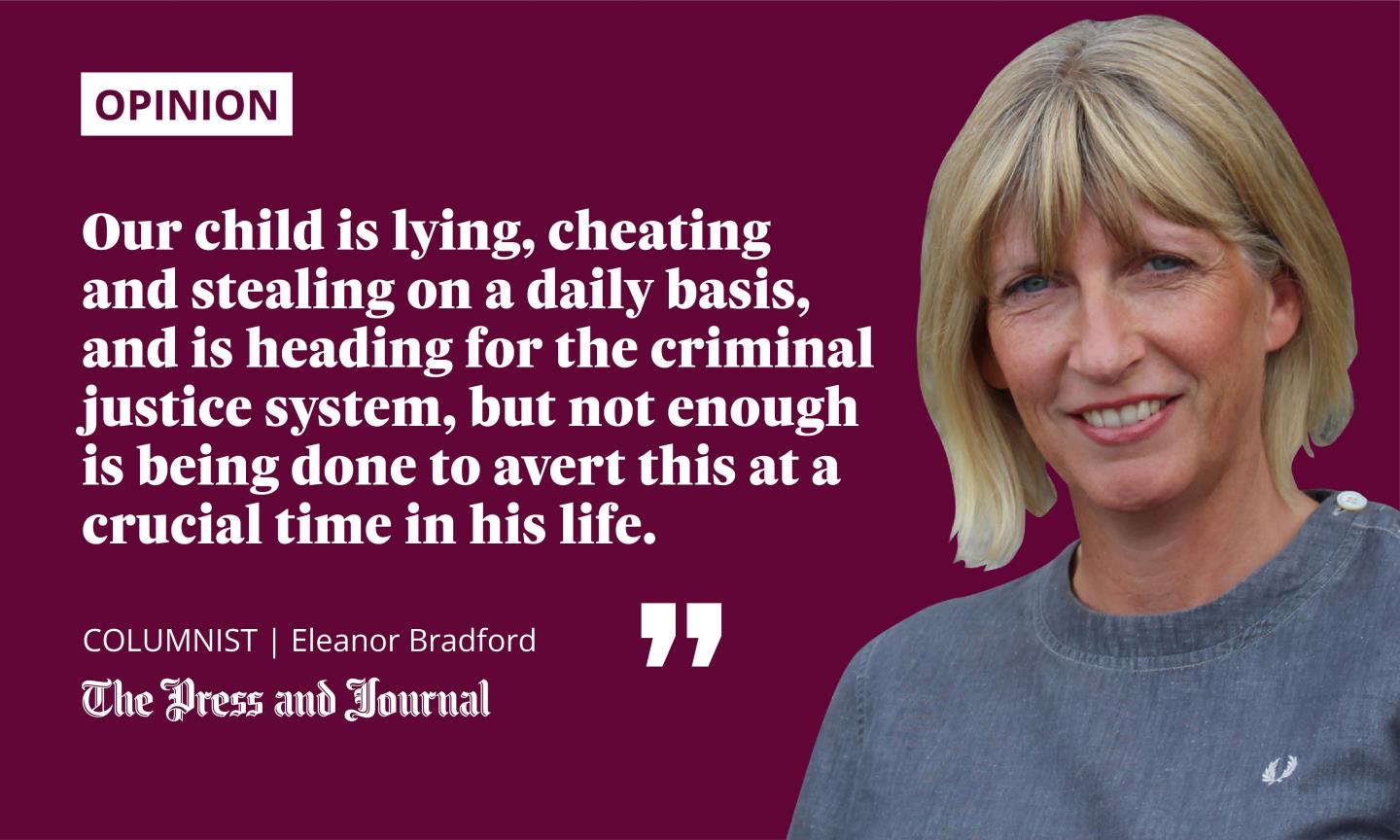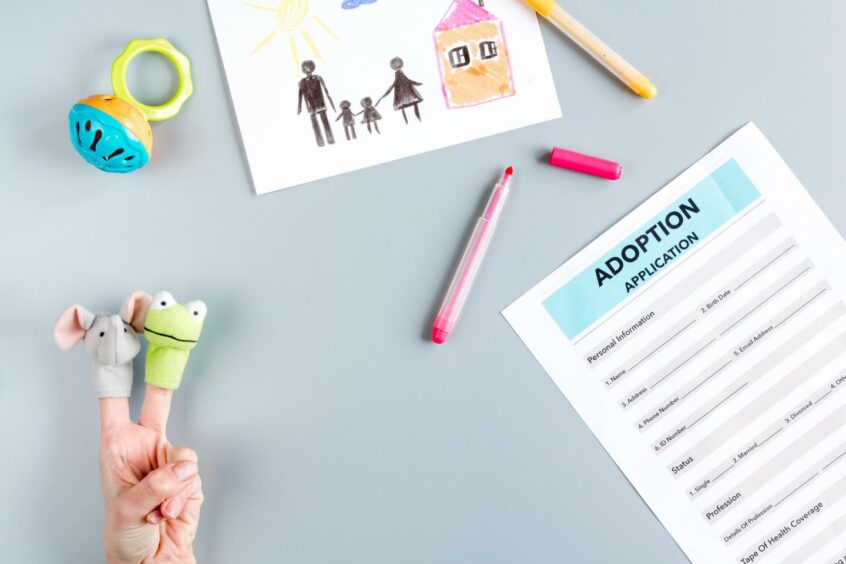My children love stories. Well, this is their tale about “too much” and “not enough”.
When my partner and I first considered adopting eight years ago, we went through “preparation groups” which gave us too much information about every single thing that might go wrong and not enough encouragement to go for it. We adopted two siblings and had five wonderful years with them.

At the time of the adoption, everyone agreed that not enough was done to remove our children from their birth parents at an early stage and that they had suffered too much trauma and neglect. It is now recognised that neglect is as damaging to children as sexual abuse.
Yet, once we had signed the adoption papers, we were on our own. Any training and advice needed to be sourced by us and paid for by us. There is ample evidence that the teenage years are the time when care experienced children start to struggle, yet not enough was done to prepare us for this or support our teenage child so that he could continue to succeed in life.
Most important factor for life chances of children in care is a stable placement
He looks normal and can act normal, but his brain is not wired in the same way as other youngsters. He does not feel empathy or remorse and cannot foresee the consequences of his actions.
When he was younger, this was less of a problem, but now that he is older he wants access to social media, money and wants to be online. It has ended in disaster every time.
If you have no empathy, feel no remorse and can’t foresee consequences, you can’t see the problem with posting inappropriate content, stealing money, or online gambling. You are just having fun. But people take him at face value, not brain value, and make no allowances.
Research tells us that the number one most important factor for the life chances of children in care is a stable placement, whether that be an adopted family or a foster family. Yet the actions of those around our family have contributed to its breakdown, whether it was the school whose relaxed approach placed us and our child at risk, the NHS clinic which didn’t even notice that a six-month appointment was 18 months overdue, or the interfering neighbour who gave my son a smartphone while knowing that he is not allowed one.
Following all the advice yet we can’t get specialist help
We have felt that we’re going crazy. Our child is lying, cheating and stealing on a daily basis, probably won’t be able to hold down a job and is heading for the criminal justice system, but not enough is being done to avert this at a crucial time in his life.
We are reading all the books, doing hours and hours of training and following all the parenting advice, yet we can’t get specialist help, a diagnosis or persuade the school that there’s a problem.
In our experience, it is a story of too much passing of the buck, too much investment in non-specialist staff, too many families abandoned and not enough being done to stop children drifting down the road to crime when that outcome is totally predictable.
This is a story that features too often on adoption forums. A third of adoptive families with teens are facing severe challenges and one in four adoptions fail. Too much resource is put into well-meaning, poorly-trained state employees who think they can fix the problem with a chat, whilst not enough is ploughed into specialist training for frontline teaching staff, clinicians, social workers and the justice system.
As one care experienced young man told me, he would be referred to one do-gooder after another as his life was falling apart and would think: “Here’s another person who’s getting paid to hear me talk”.
Running out of options
In all our dealings with these agencies, I can count on one hand the number of people who have actually offered meaningful help. It’s probably no coincidence that one of them is adopted herself.
We have to be constantly vigilant and protect our son from himself by locking everything away. But we are running out of options and the future for him is looking increasingly bleak.
The Scottish Government is trying to fix this broken system but too much time is passing whilst the policy is slowly rolled out. It has not reached us.
It is not a question of not enough money. In our experience, it is a story of too much passing of the buck, too much investment in non-specialist staff, too many families abandoned and not enough being done to stop children drifting down the road to crime when that outcome is totally predictable.
Eleanor Bradford is a former BBC Scotland Health Correspondent and now works in communications in the education sector

